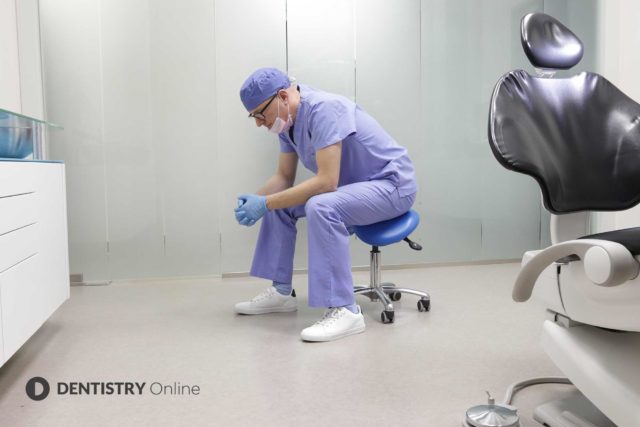 Eddie Scher discusses the quieter health crisis that’s following in the wake of COVID-19, emphasising the importance of prioritising mental health.
Eddie Scher discusses the quieter health crisis that’s following in the wake of COVID-19, emphasising the importance of prioritising mental health.
We all know about the profound danger posed by COVID-19 by now. At least, I hope we do – and I hope we are more informed than the average man or woman on the street too.
But there is a second, quieter health crisis that’s following in its wake, which I worry we are collectively less informed about. Just like Sars CoV-2, it’s invisible. Anyone you meet may be suffering from it. And, I am sad to say, it’s potentially just as deadly.
You’ve probably experienced it for yourself – I know I certainly have.
My best efforts to fight the infection that closed our practices down for several months (and closed our lives down for far longer) have proven mostly successful. Yet I can feel this second epidemic reaching around our glass barriers and through our masks even as I write these words.
Uncertainty, isolation and hardship
I’m talking about the damage impacting our mental health, of course. I don’t know anyone who has not been profoundly affected by the long months of uncertainty, isolation and hardship imposed on us by the impact of COVID-19.
I’m not prone to depression. Indeed, I have many things to be grateful for. But I am finding it harder and harder to pick myself up and face the challenges of each day as they come.
If I am finding this difficult, what toll is it taking on those less fortunate than I?
The startling progress made by the vaccine scientists is a bright spot on the horizon. But in reality, there is a long dark winter ahead of us before we start to really see its impact on society.
In the meantime, I’m questioning whether the news of the vaccine alone is enough to inoculate us against the insidious drip-drip of depression and anxiety. I’m not sure that it is.
So, as we move deeper into the grip of the second wave, I am again urging vigilance. But this time it’s of a different sort.
Prioritising mental health
In the past I have suggested we must take the care for our patients that they may lack for themselves in protecting them from COVID-19 – in our surgeries if nothing else.
It’s also time to look out for one another now. To be there for our colleagues. Ask if they’re OK and stop to hear the answer, or press for one if you know something is wrong. To watch our own words when we deal with our teams, perhaps.
And, counter-intuitive though it sounds, it’s time to look out for ourselves, too. We must learn to reach out if we feel ‘all this’ becoming gradually too much.
We have known for a long time the toll dentistry can take on those who practise it. The past few years have not always been an easy time to be a dentist. Even before the pandemic came along, dentistry was a stressful business.
But we are very good at not talking about this sort of thing. For a profession so intrinsically about healthcare, it amazes me that so many of us feel the need to be strong, silent type ourselves.
I can understand this. It’s astonishingly hard to reach out to one’s peers if we are struggling. But the time has come to stop that, and make mental health a priority within our own profession.
The COVID-19 pandemic could be the catalyst to bring change. If so, then perhaps some good may come of this struggle after all.
Eddie Scher:
Eddie Scher BDS LDS RCS MFGDP is a specialist in oral surgery and prosthodontics. He is a visiting professor of implantology at Temple University, Philadelphia, and is editor-in-chief of Implant Dentistry Today.
This article first appeared in Implant Dentistry Today magazine. You can read the latest issue here.
Let’s block ads! (Why?)






